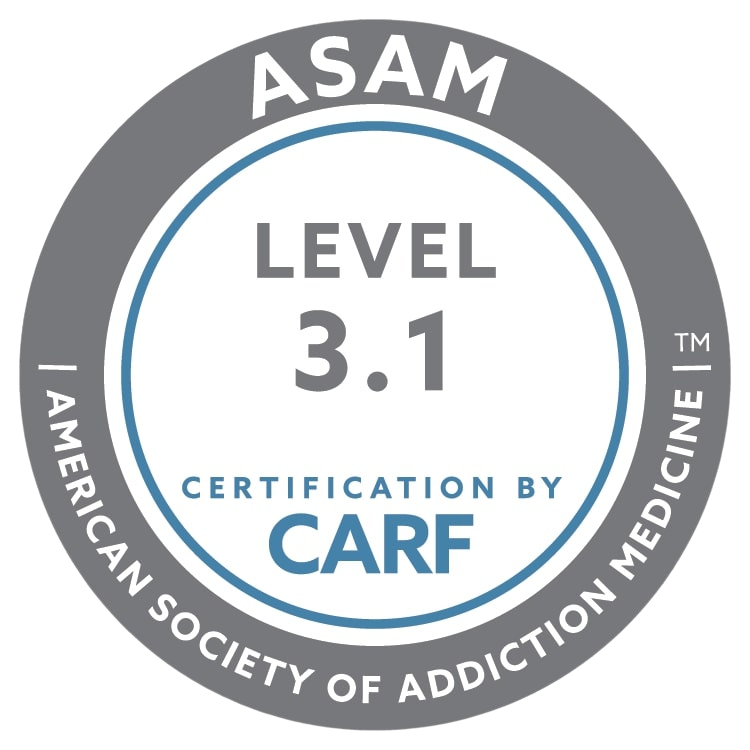Medication-assisted therapy combines doctor-prescribed medications with counseling to tackle substance use. This process provides a safe and effective way to manage cravings and withdrawal symptoms, while equipping you with the essential skills necessary for sustained sobriety.



Medication-assisted Treatment is the use of medications, in combination with counseling and behavioral therapies, to provide a whole-person approach to treating substance use disorders.
Anyone who is struggling with addiction can benefit from medication-assisted treatment. It can help individuals manage cravings and withdrawal symptoms, increase overall motivation for recovery, and support abstinence over time.
Different types of medications may be prescribed depending on the individual's specific condition, such as opioid agonists like buprenorphine or naltrexone; stimulant medications like methylphenidate or atomoxetine; and benzodiazepines like lorazepam or clonazepam.
Depending on the individual's needs, some people may need to take medications for several months before tapering off while others may need to stay on these medications for longer periods of time.
Some common side effects associated with MAT may include nausea, vomiting, dizziness, headache, constipation and drowsiness. It is important to discuss any concerns about possible side effects with a healthcare provider prior to beginning any form of treatment.


Idaho’s Number #1 Addiction Treatment Center For Men & Women
Join our mailing list!

